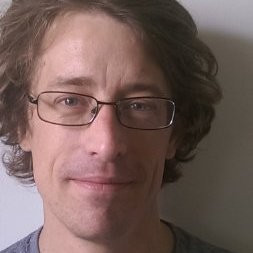Interests
Energy generation, conversion and storage engineering, renewable power and energy systems engineering (excl. solar cells), process control and simulation, mechanical engineering.
Research
In the Australian Solar Thermal Research Institute (ASTRI), Associate Professor Pye coordinates research on modelling and optimisation of solar-thermal energy systems, including particle-based systems and systems built around liquid sodium receivers. He also leads the ASTRI project ‘Decarbonisation of Steelmaking’ to look at opportunities to integrate solar heat into ironmaking and ore beneficiation processes. Finally, in the ANU Grand Challenge, ‘Zero Carbon Energy for the Asia-Pacific’, he convenes the research node on renewably-refined metals, with primary focus in iron and steel. Associate Professor Pye has previously led two major projects on the design, optimisation, building and testing of solar-thermal receivers for high-temperature systems, including on tubular ‘bladed receivers’, and another on a cavity receiver adapted to the ANU Big Dish, and also led a project on the production of solar fuels via supercritical water gasification of microalgae.
Biography
Associate Professor Pye has worked at ANU since 2006 in several positions. He received his BE/BSc from University of Melbourne, and his PhD in solar thermal energy from UNSW. His PhD was supervised by Em Prof Graham Morrison, on the topic of thermal modelling of the Compact Linear Fresnel Reflector, which was later commercialised by a French company, AREVA.
Activities & Awards
Associate Professor Pye also convenes the masters-level engineering course ENGN8833 ‘Industrial Energy Efficiency and Decarbonisation’. For more details of his activities, please see this link.
